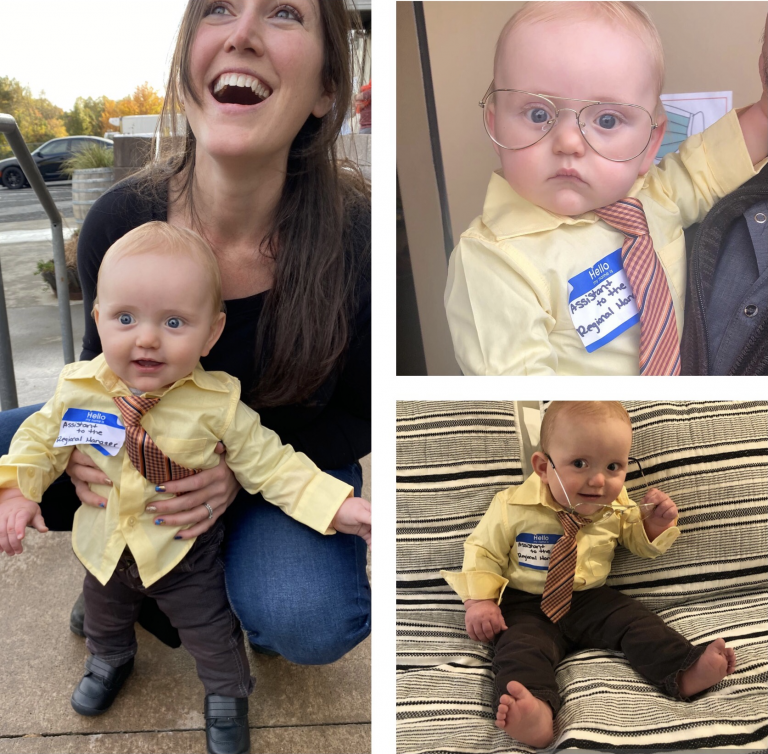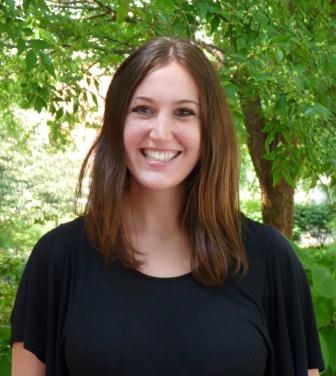SAMANTHA CALDWELL
CAPSTONE
Capstone Project Committee: Jonathan Berg, M.D., Ph.D.; Nancy Callanan, M.S., CGC; Kristy Lee, M.S., CGC
Background: Whole exome sequencing (WES) is considered a comprehensive genetic test, as it is able to find genetic variants within multiple exons simultaneously. Most disease-causing variants are found in these exomic protein-coding regions, making WES a targeted test when compared to whole genome sequencing (WGS). While clinical uptake of WES is increasing, very little research has focused on the diagnostic utility of WES for patients with rare or undiagnosed bleeding disorders.
Purpose: This study aims to employ WES to identify and interpret genetic variants in genes known to be associated with coagulopathies, which may explain a participant’s symptoms and aid in establishing a diagnosis.
Methods: Participants were recruited from hematology clinics at UNC Healthcare due to abnormal bleeding tendencies. A blood sample was obtained from each participant. WES and subsequent variant analysis and interpretation were performed.
Results: The majority (54.8%) of interpreted variants were classified as variants of uncertain significance (VUS). This study yielded a 30% return of reportable results rate. A VWF gene variant was determined to be likely responsible for a participant’s symptoms. Subsequent family studies supported its potential pathogenicity, providing her and her family a likely diagnosis. ITGB3 and ANKRD26 gene variants were determined to be variants of uncertain significance (VUS) but warrant further family studies. Remaining variants were determined to be unlikely related to a participant’s phenotype.
Conclusion: WES can be an effective genetic test for patients with abnormal bleeding tendencies. As more genes are associated with coagulopathies, future reevaluation of exome data will likely improve diagnostic yield.
Since Graduation

Since graduating in 2015, Sam has been working as a laboratory counselor for Sequenom. She loves her role being at the forefront of genome-wide cfDNA screening, collating data for publications, and working closely with lab directors. She was the primary author on two recent publications, one exploring rescue mechanisms underlying feto-placental discordance and another investigating aneuploidy rates in patients who have low fetal fraction on their cfDNA screening. At the recent ‘virtual’ NSGC she gave a presentation about applying cfDNA bioinformatics to patient counseling. She stays involved in the UNCG GC program as a guest lecturer and supporting the admissions team.
She is living in Winston Salem, where she is neighbors with one of her 2015 classmates! Sam and her husband welcomed their first baby, Cyrus Dean Brovold, in February 2021. They are absolutely smitten since Cy made them a family of three. As all Office fans would appreciate, Cy dressed up as Dwight Schrute for his first Halloween!
